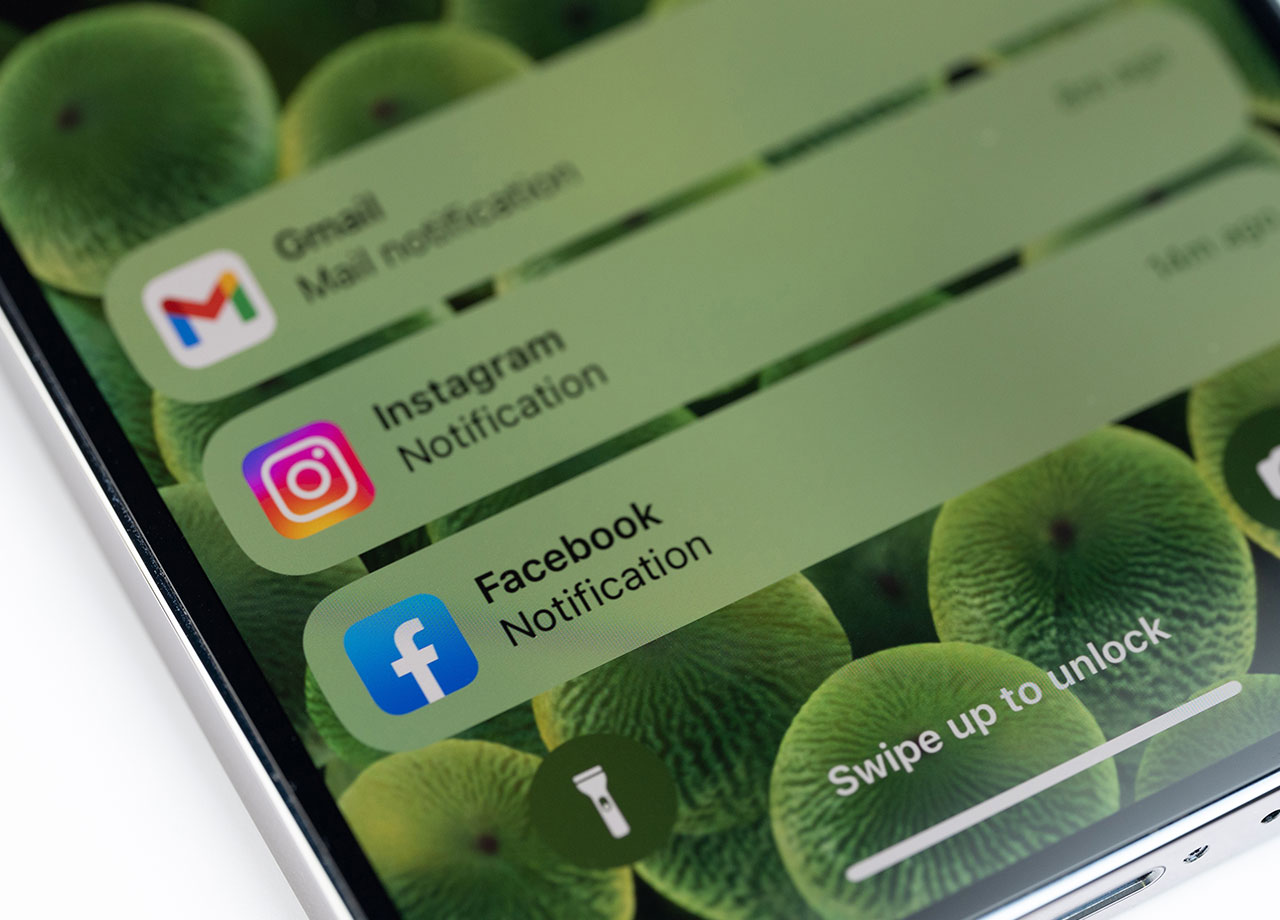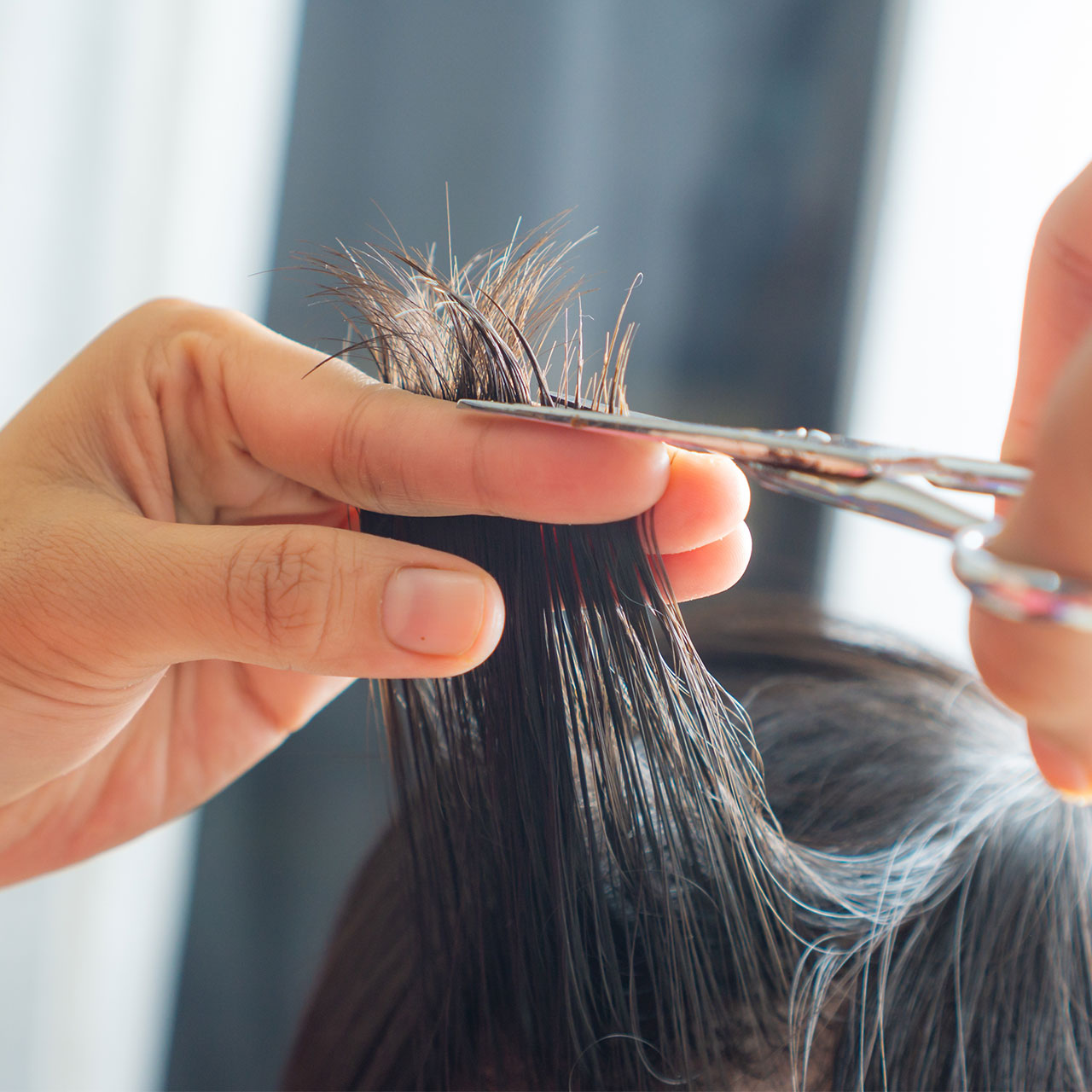You may think Apple has everything under control when it comes to protecting your phone against viruses and hackers. And you’re not completely wrong — it does a better job than most operating systems of keeping suspicious apps out of the App Store and taking other precautions. But no system is flawless. To truly help your phone become as secure as possible, it requires vigilance on your part, as well. Avoiding some of the most common mistakes people make on their iPhones will be the best step in the right direction.
According to the iPhone experts at Payette Forward, there are a number of mistakes iPhone users continue making that put them at risk of getting a virus or hacked. Here are four to keep on your radar.


1. Using Public Charging Stations
The next time you’re stuck at an airport or a public facility and need to charge your phone, consider turning on Low Power Mode instead and waiting until you’re in a secure place with a secure charging port. You never know who is on the other end of the charging cable at a public charging station, and these stations are often used by malicious players to infiltrate vulnerable devices with malware and spyware. It’s just not worth the risk and headache.

2. Using Public Wi-Fi Networks
It’s not that you should never use public Wi-Fi networks — they can come in handy. But you should definitely curb your use of them and watch what you do when you’re connected to one. Never sign onto a public Wi-Fi and start transmitting sensitive data over it. This means: no banking and no shopping (no exchange of bank account, credit card, or personal identification information like a social security number). Always assume someone can intercept your activity on public Wi-Fi networks and treat them accordingly.

3. Jailbreaking Your Phone
Jailbreaking a phone means removing the manufacturer’s restrictions so that you have more freedom to do what you want, including downloading apps not allowed in the App Store. Although this is more common on Android than iPhone, it can happen on the latter, too. Be very careful about installing unauthorized apps, as many contain malware and viruses.

4. Never Updating Software and Apps
Those iOS software updates and app updates that are so annoying to receive are actually so important. These updates are issued when software developers realize there are important bugs to fix and improvements that can be made. Not making these updates can put you more at risk for viruses and hackers.

























